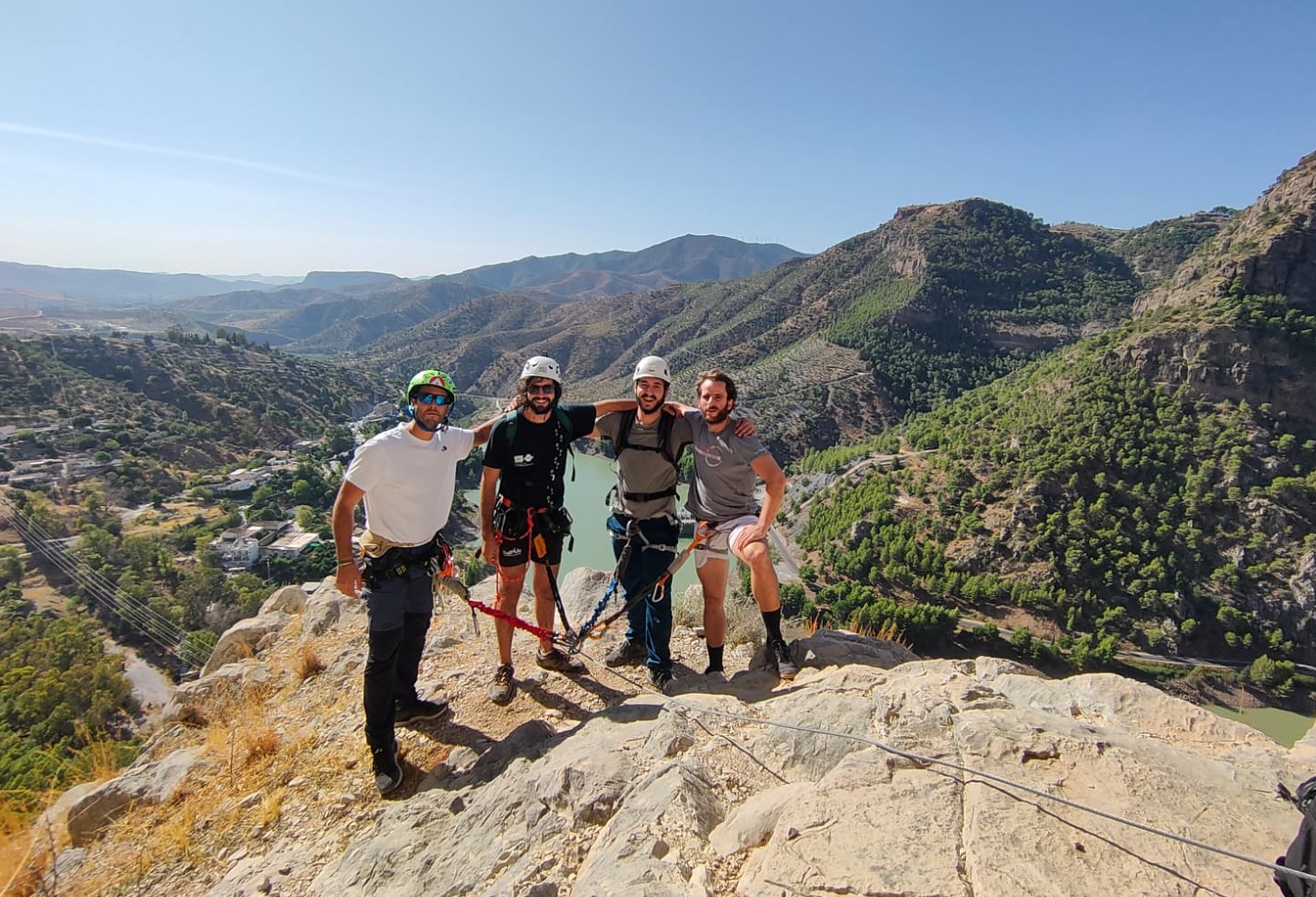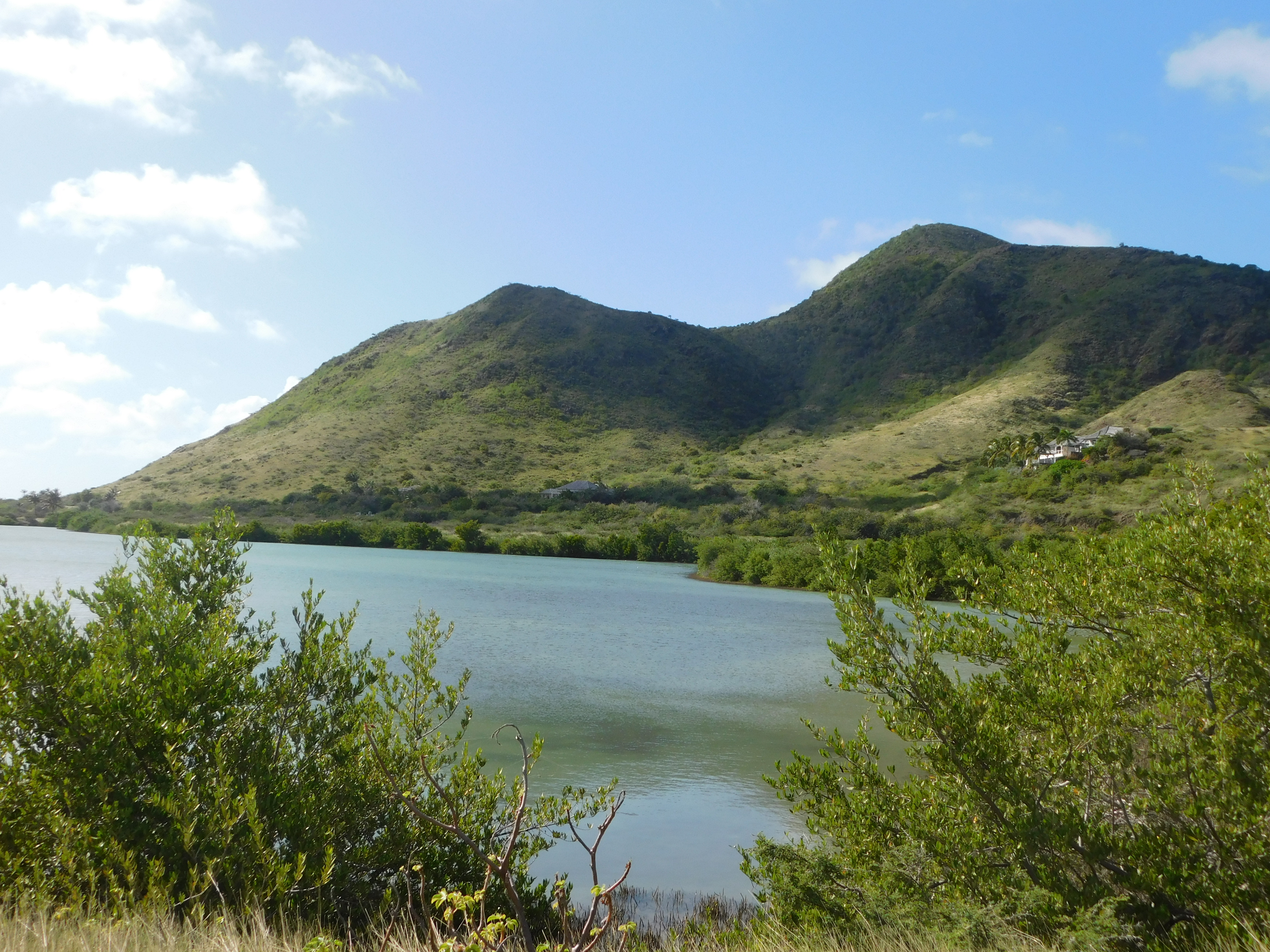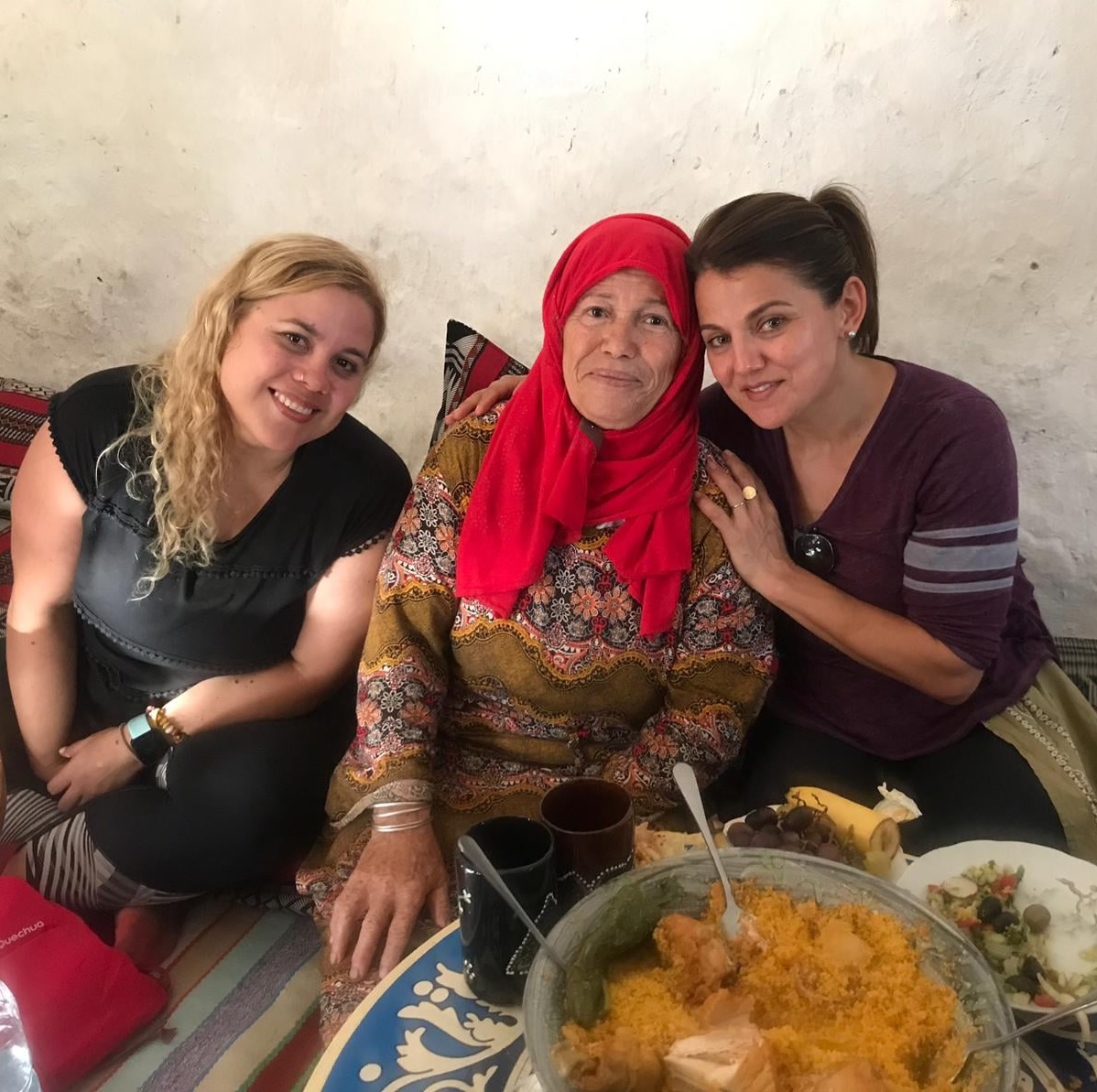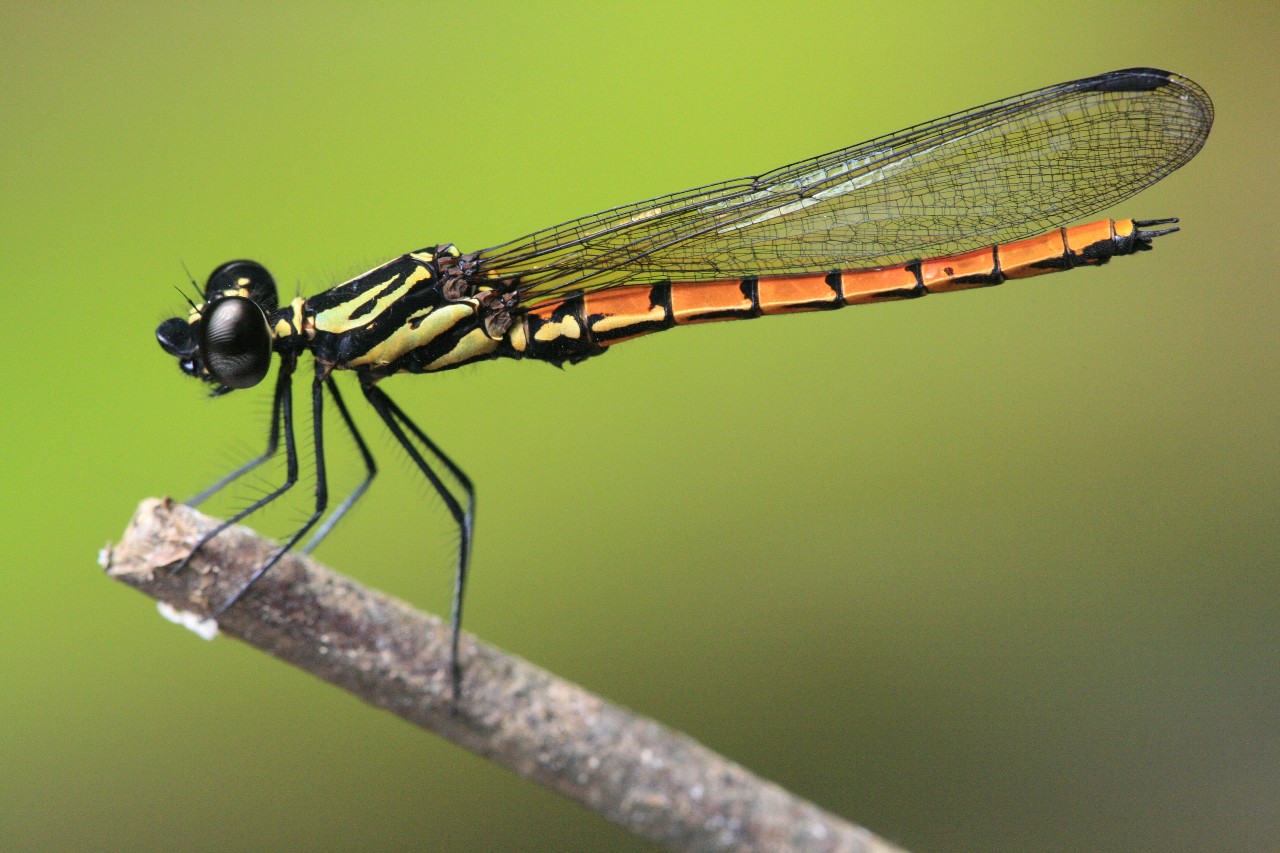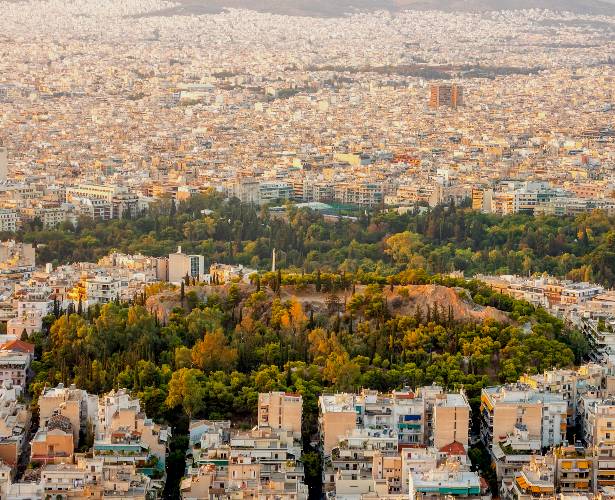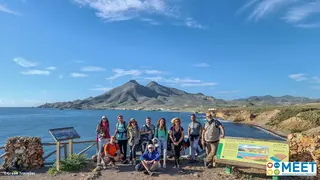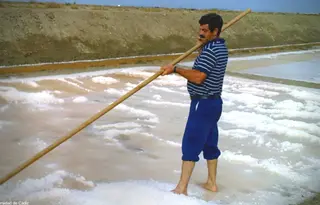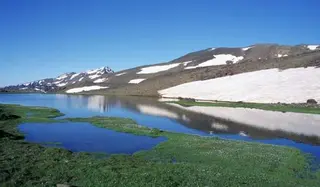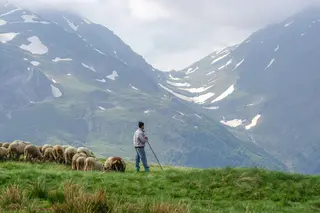IUCN-Med is looking for PARTNERSHIPS to build alliances, fund and implement projects on:
- Building the Mediterranean Ecological Network
- Assessing tourism impacts on ecosystem services in coastal areas
- Coastal Area Climate Change Resilience through Nature-based Solutions
For those interested, please contact our focal person Carla.DANELUTTI@iucn.org with the message subject: Partnerships for Ecosystem Resilience and Spatial Planning


